Can a 7kw charging station connect to 220V household electricity? The answer is that a 7kw charging station can connect to household 220V electricity. It is worth noting that household 220V cannot be fast charged, after all, it is already not easy for household lines to withstand slow charging of 6-7 kilowatts. The general household electricity meter is 10A (40A), and its current=power/voltage, which is about 7000/220=32A.
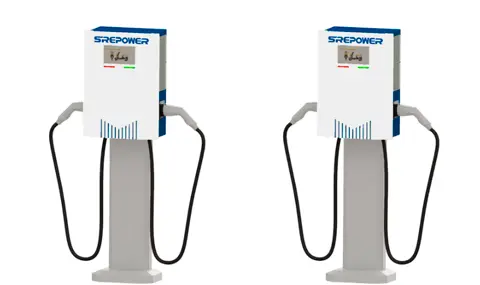
The charging cabinet is used by users to charge their own batteries. They need to unplug their own batteries, put them in the cabinet,
2025-03-21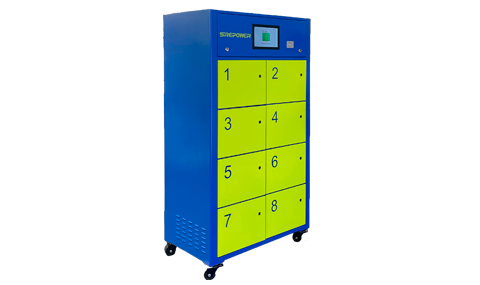
In order to solve the pain points of electric vehicle charging and endurance, efficient and convenient shared battery swapping cabinets have emerged.
2025-03-21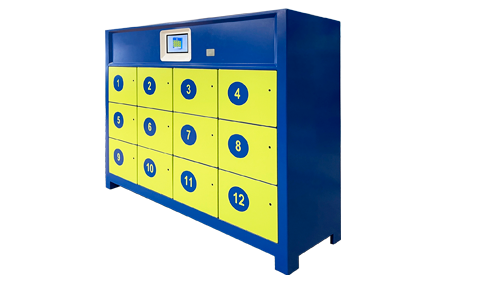
At present, the standardization progress of battery swapping cabinets is steadily advancing, and a series of specific standardization plans or standards will be introduced in the future to promote the standardized development of the industry.
2025-03-20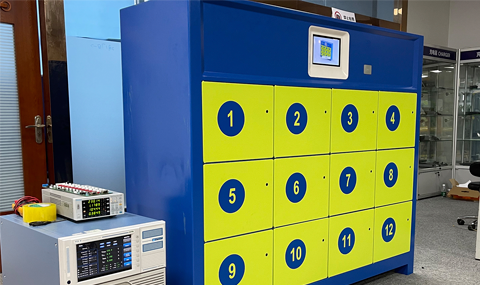
The number of electric bicycles is increasing, and how to safely and conveniently charge them is a problem for many people.
2025-03-20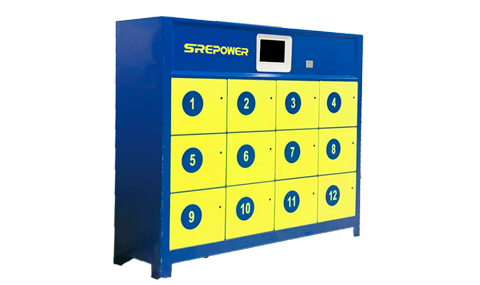
In recent years, shared electric bicycles, as an emerging green mode of transportation, have quickly emerged as a new favorite in the urban short distance travel market due to their convenience,
2025-03-19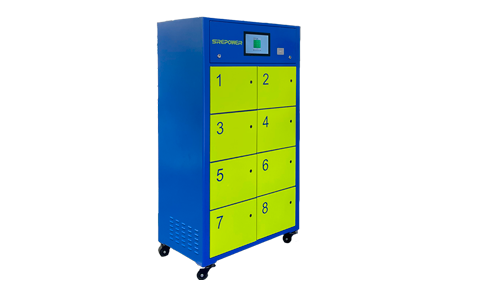
As an important component of the new energy field, the future development trend of battery swapping cabinets can be analyzed from the following aspects:
2025-03-19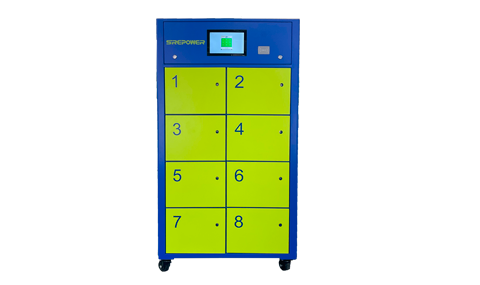
Swap Station 12 Cabinets 15.8KW Battery Swap Station 8 Cabinets 10KW Battery Exchange Station 5 Cabinets 15.8KW Smart Swap Station 10 Cabinets 16.8KW Swap Charging Station 4 Cabinets battery switching station for E-Bikes and Scooters 12 Cabinets Charing Rack Smart Swap Station
Fast Charger Column Charging Pile-12KW AC Column Charging Station 12KW Wall-mounted Charging Pile 7-20KW AC Column Charging Post with Dual Gun Charging 12KW AC Charging Pile-no display 120/160KW EV Car Charger
Portable Charger 1300W Portable Battery Charger 2100W Waterproof charger 840W Series Home Battery Charger 300W Series Portable Battery Charger 180W AC Home Charger dual output battery charger
Address:2-903, Building T2, Haiku Technology Building, Bao'an District, Shenzhen, Guangdong, China.
Phone:0755-23054220
E-mail:Info@srepowerne.com
 WhatsApp Contact
WhatsApp Contact
Copyright @ China ev fast charging manufacturers&companies&suppliers&vendor&provider- SRE Power